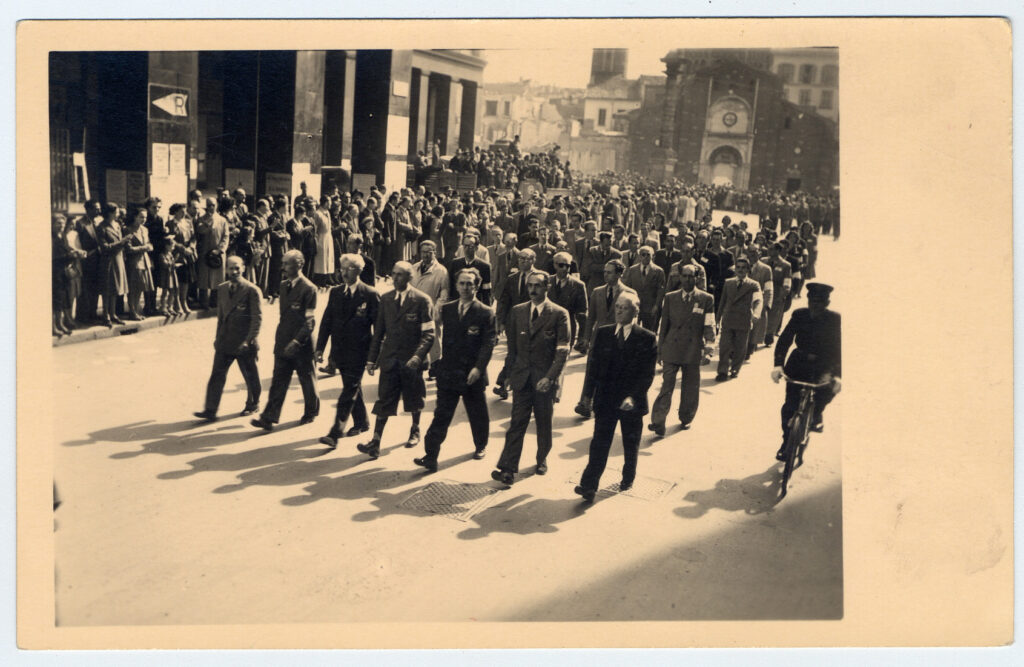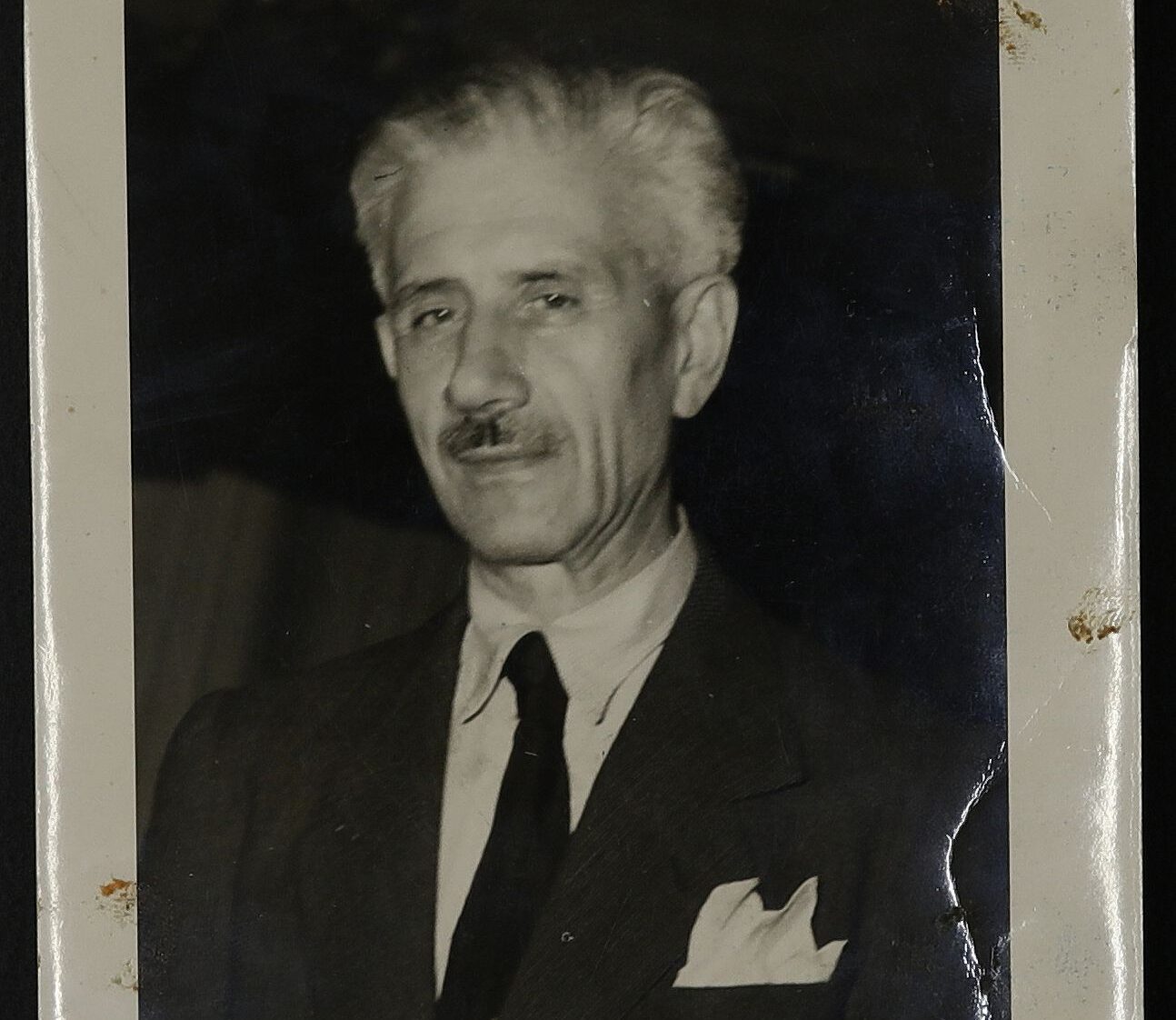Ferruccio Parri was a key figure of the Italian resistance movement. As the Deputy commander of the Volunteers of Freedom Corps, he played an important role in the liberation of Italy from Nazi-Fascism.
Ferruccio Parri was born in Pinerolo on 29 January 1890. He graduated from the University of Turin with a degree in literature and afterwards began to work as a teacher. Parri was called up for service in the First World War in 1915. After the war he became politically active and began a career as a journalist and newspaper editor.
The assassination of Giacomo Matteotti in 1924, an anti-fascist and socialist politician, marked the beginning of his militant anti-fascism. He left his job as a newspaper editor and dedicated himself to spreading the clandestine anti-fascist press. He also helped anti-fascists that were in danger from the fascist regime to flee abroad. In 1926 Parri was sentenced to ten months in prison and three years in confinement for helping the socialist Filippo Turati escape to France. Despite all this, Parri managed to establish connections between the various clandestine anti-fascist groups in northern Italy.
After 8 September 1943, Parri worked in parallel with the Italian communist movement to form the first armed resistance groups in Nazi occupied Northern Italy. Parri helped to smooth over the relations between the different anti-fascist political forces. In 1944 Parri became the deputy commander of the Corpo Volontari della Libertà (Freedom Volunteers Corps). The goal of this organisation was to coordinate the efforts of the various partisan groups active in Northern Italy.
Parri was captured by the Nazis in January 1945. He was released in March after negotiations by the Allied Forces. After his release Parri formed an important link between the Allies and the various resistance movements during the last phase of the war.
On 25 April 1945 Parri was appointed to lead the first post-war Italian government with the support of the majority of the political factions of liberated Italy. Parri also played an important role in safeguarding the memory of the Italian resistance. In 1949, he founded in Milan the National Institute for the History of the National Liberation Movement in Italy, today Istituto Nazionale Ferruccio Parri, with the aim of defending and preserving the heritage of the resistance.

